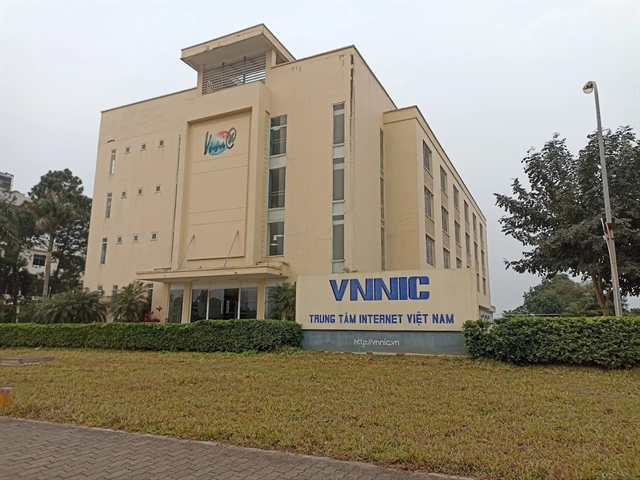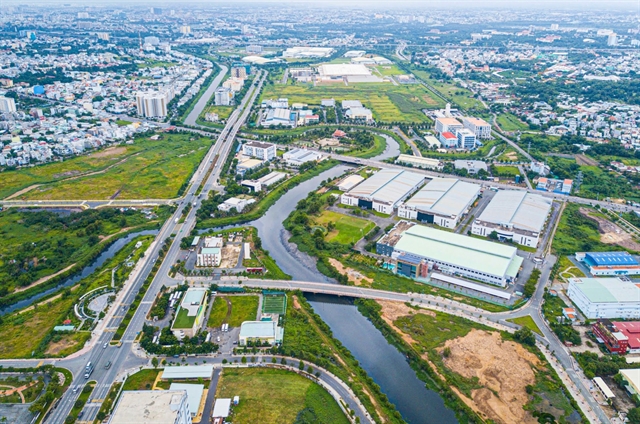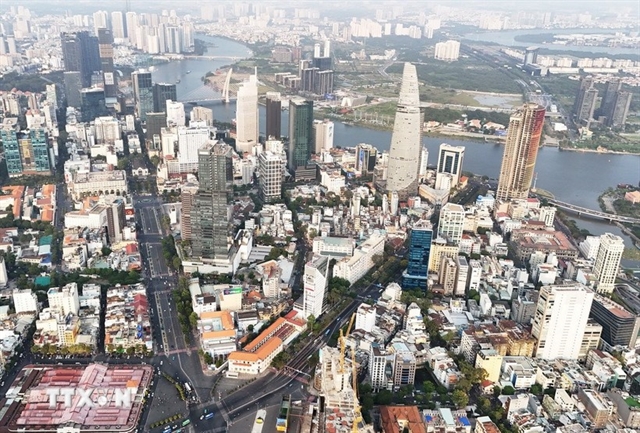 Politics & Law
Politics & Law
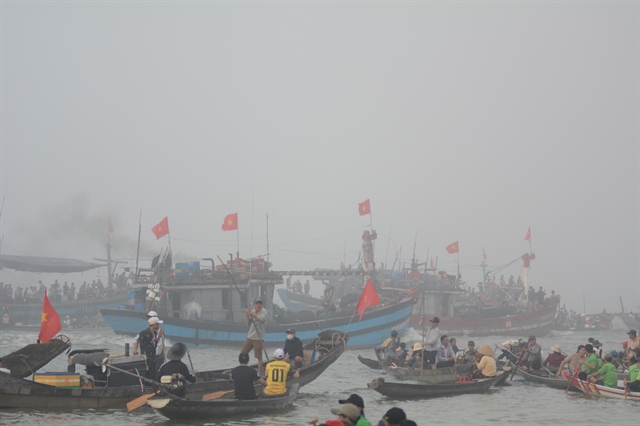
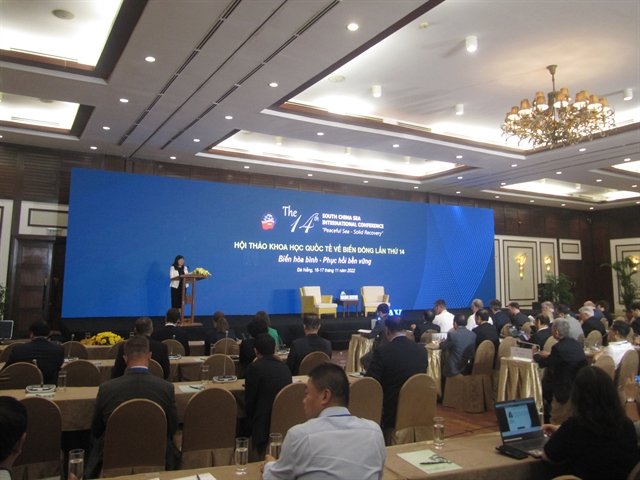 |
| Participants join the opening ceremony of the 14th South China Sea international conference in Đà Nẵng on November 16. The conference continues on November 17. VNS Photo Công Thành |
ĐÀ NẴNG — Việt Nam's policy on the South China Sea (East Sea as it is called in Việt Nam) is to always respect and implement international laws, including the 1982 United Nations Convention of the Law of the Sea (UNCLOS) and to deal with any disputes through peaceful talks and negotiation.
Deputy Minister of Foreign Affairs Phạm Quang Hiệu made the assertion at the opening ceremony of the 14th South China Sea international conference in the central city on November 16.
He said peaceful seas play a vital role in supporting sustainable recovery post-COVID-19.
Hiệu said Việt Nam supports boosting sea cooperations based on UNCLOS, sustainable ocean use and conservation.
"The world situation has witnessed rapid changes and unbelievable changes in real geopolitics, including in the Indian and the Pacific oceans, while changes and competition among powerhouses have made the risks of energy and food security and inflation worse, threatening peace and stability in the region," Hiệu said.
"There needs to be trust and cooperation to ensure sustainable recovery in the post-COVID-19 period. International communities should offer initiatives and proposals in improving transparency and strategy, as well as trust among partners, for political stability and economic recovery."
Dr Phạm Lan Dung, acting director of the Diplomatic Academy of Việt Nam, said the conference would focus on new global geo-political changes in the East Sea.
Hoàng Việt from HCM City's Law University said the 1982 United Nations Convention on the Law of the Sea (UNCLOS) had been a framework for Việt Nam pursuing its peaceful policy in the South China Sea and promoting negotiations and dialogues on any issues and problems in the region.
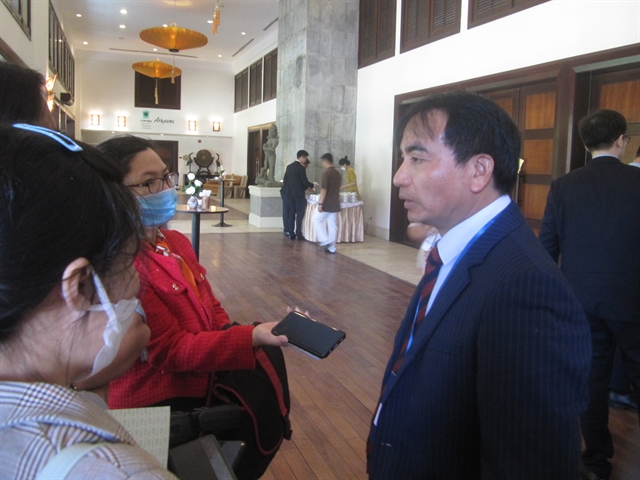 |
| Hoàng Việt from HCM City's Law University speaks to the media at the 14th South China Sea international conference. The conference drew 470 participants including online participation from 20 countries. VNS Photo Công Thành |
Việt said COVID-19 had interrupted global value chains, contributing to the inflation and economic downturn over the past two years. Still, risks of instability and security dangers push the world into deeper difficulties post-COVID-19.
"The world economy is recovering from COVID-19, but the Russia-Ukraine conflict has disturbed the global situation. Even two big economies – the US and China – and trading powerhouses suffered inflation and poor growth during COVID-19 and the conflict set hopes of recovery back," Việt said.
"It means that partners should join discussions and talks rather than raising tensions, and UNCLOS is key for all partners solving any disputes and risks in peace."
Rear Admiral Juergen EHLE, Senior Military Adviser, European External Action Service of the EU, said the region should engage in peaceful talks and discussions on any regional disputes.
Participants also raised several hot spots across the region where tensions have been steadily rising, such as the Korean Peninsula and the Taiwan Strait.
Against this backdrop, the South China Sea appears to be calmer. However, statistics on the presence of naval and law enforcement forces and the number of incidents on the ground indicate otherwise.
The relationships among the major powers went through unprecedented turbulences this year, with possible implications for the South China Sea. The ongoing war in Europe renewed mistrust and elevated tensions across domains and hotspots. Military posturing reached a record-high level in the Taiwan Strait. Several countries announced or updated their strategies towards the Indo-Pacific, where the maritime domain in Southeast Asia is centric. Global order and the rule-based international system are facing the most significant challenge unseen in decades.
Dr Ekaterina Koldunova, Associate Professor, Moscow State Institute of International Relations, Russia, emphasised the role of ASEAN.
"Efforts are needed to manage relations between big powers – important stakeholders in addressing these challenges," she said.
"This is a continued trend for rising big power tensions spurred by the emerging 'game changers'. The struggle is to keep ASEAN central to all large-scale discussions concerning regional affairs, including security," she added.
"Key institutional instruments for ASEAN's perceptions of security and security-related institutions are ASEAN's Regional Forum, East Asia Summit, ASEAN Defence Ministers' Meeting Plus, but there is no room for discussing regional structural security issues and challenges."
The conference, hosted by the Diplomatic Academy of Việt Nam, has drawn more than 470 participants, including online-registered scholars, experts, researchers and speakers from 20 countries.
The conference ends today. — VNS


